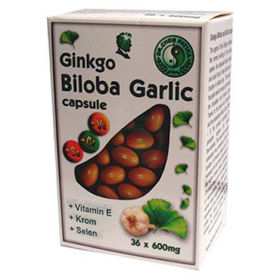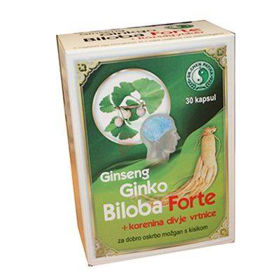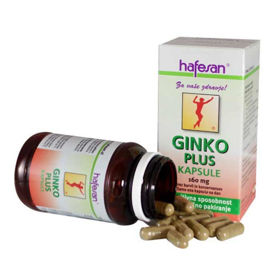Customer question:
Can autoimmune diseases be completely curable? Anonymous customer's question
Pharmacist's answer:
The curability of autoimmune diseases varies greatly depending on the specific autoimmune condition, individual factors, and medical knowledge and treatment options. Autoimmune diseases are a group of disorders in which the immune system mistakenly targets and attacks the body's tissues and organs.
These diseases are usually chronic and can last a lifetime, but not all autoimmune diseases are the same in terms of cure or control. Some autoimmune diseases can be effectively managed, and individuals can lead relatively everyday lives with appropriate treatment.
Examples of autoimmune diseases that can be managed or controlled with treatment include rheumatoid arthritis, psoriasis, and some types of inflammatory bowel disease. In other cases, autoimmune diseases can go into remission, where the symptoms and the activity of the immune system subside, and the individual may experience few or almost no disease complications for an extended period. However, these remissions may not represent a complete cure, as underlying autoimmune mechanisms may still present and reoccur later.
There are autoimmune diseases for which there is no cure or consistently effective treatment, such as systemic lupus erythematosus or some forms of multiple sclerosis. Management of these conditions usually focuses on controlling symptoms and slowing disease progression.
Recent advances in medical research and treatment have provided hope for new therapies and potential cures. Some innovative treatments, including stem cell transplants and emerging immunotherapies, have shown promise in certain autoimmune diseases, but these approaches are still being studied and refined.
Ultimately, the chance of a complete cure for autoimmune diseases can vary depending on the specific condition, the stage at which it is diagnosed, and the effectiveness of available treatments. Advances in medical science continue, and discoveries and treatments may improve the outlook for individuals with autoimmune diseases in the future.
Suppose you have been diagnosed with an autoimmune disease. In that case, you must work closely with your doctor or specialist to develop a comprehensive treatment plan tailored to your specific condition and needs.
Which autoimmune disease is the most common?
The most common autoimmune disease worldwide is Hashimoto's thyroiditis, an autoimmune condition that affects the thyroid gland. Hashimoto's thyroiditis is characterized by an immune system attack on the thyroid gland, causing inflammation and damage. It often causes an underactive thyroid (hypothyroidism), which can cause a variety of symptoms, including fatigue, weight gain, and cold intolerance.
Other common autoimmune diseases are:
- rheumatoid arthritis
- type 1 diabetes
- systemic lupus erythematosus
- inflammatory bowel disease
- multiple sclerosis
- Graves disease
- celiac disease
- psoriasis
Which autoimmune disease is completely curable?
Very few autoimmune diseases are considered entirely curable. Autoimmune diseases are usually chronic and characterized by the immune system mistakenly attacking the body's tissues and organs.
However, some exceptions exist where autoimmune diseases can be cured or put into long-term remission with treatment or other interventions. It is essential to know that curability can depend on various factors, including the specific autoimmune disease, individual characteristics, and treatment time.
An example of an autoimmune disease that is potentially curable is autoimmune thyroiditis (Graves' disease). Graves' disease is an autoimmune condition that affects the thyroid gland and causes hyperthyroidism (an overactive thyroid gland). It is often treated with medication, radioactive iodine therapy, or surgery. Sometimes, treatment can lead to long-term remission or even complete recovery.
Other autoimmune diseases can go into remission, where symptoms and immune system activity subside for longer. However, remission does not always mean a permanent cure, as autoimmune mechanisms may still be present and may reappear later.
It would be best to work closely with your doctor or specialist to discuss your particular autoimmune disease, treatment options, and the potential for remission or recovery. Advances in medical research are ongoing, and new treatments may improve the outlook for individuals with autoimmune diseases. In addition, having early diagnosis and treatment can play a crucial role in managing autoimmune diseases and preventing complications.
Interesting reading: Multiple Sclerosis cured
Interesting reading: Neuropathic pain












